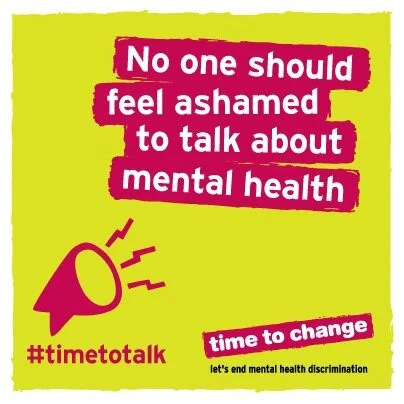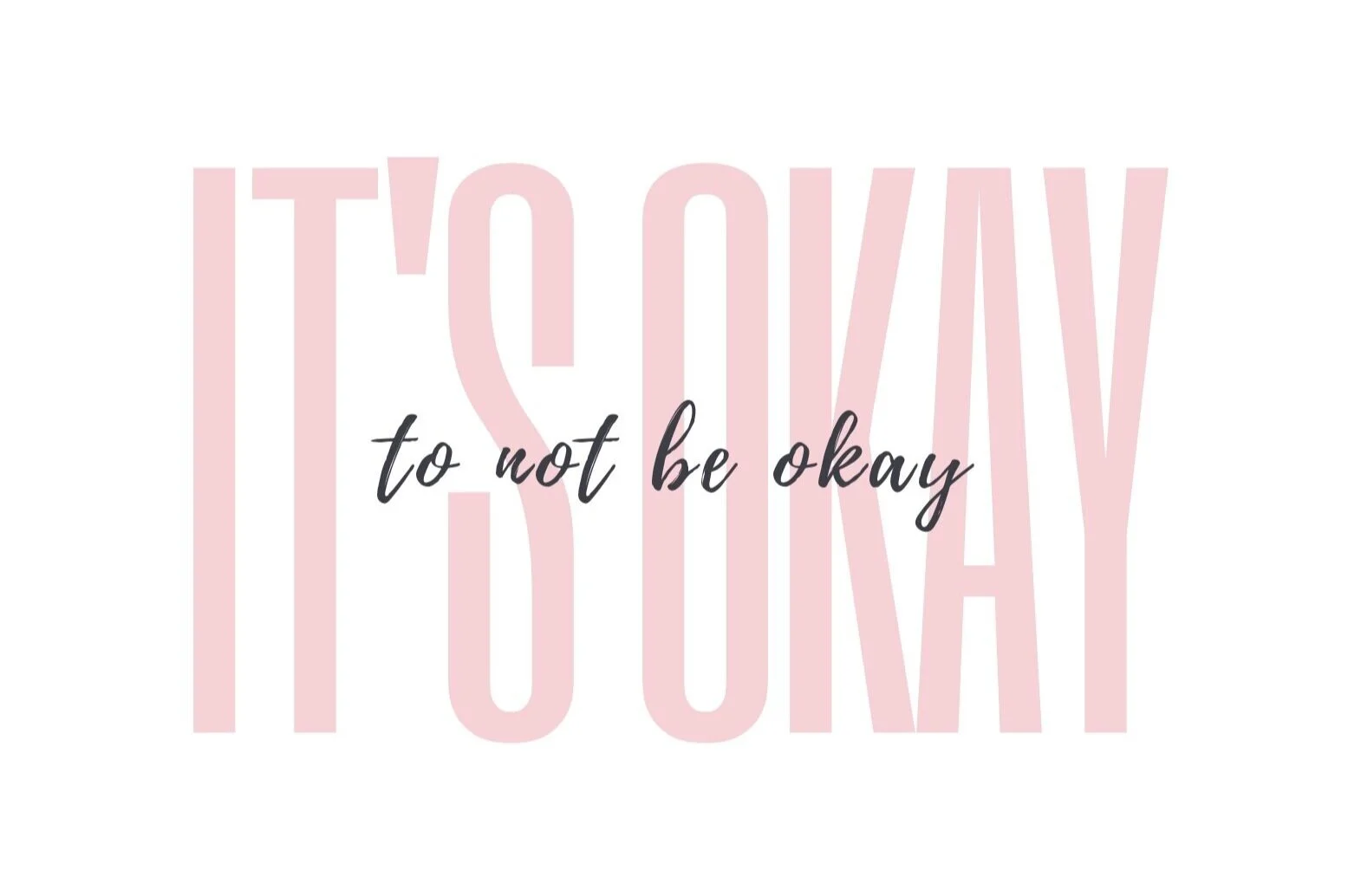Mental Health and Depression: Why I choose to speak out and join the fight to end stigma
Living with depression and reaching mental health crisis
I was diagnosed with depression soon after the sudden death of my father and the breakdown of my marriage. Both losses came at once and I’m not ashamed to admit that I couldn’t cope. A few months would pass before I reached mental health crisis and I was admitted to hospital having made a plan to end my life. At the time I could never have imagined how I would go on to start a blog and share my story. At the time I couldn’t even see past tomorrow. But here I am, alive, healing and recovering in the knowledge that there are better days ahead.
I choose to share my story because I want to give others who are struggling with loss and mental illness hope. If I can help just one person feel less alone then I figure I will be making my own little corner of the world a better place. If I can inspire others to speak out and make a difference in their own corners, then the more we can unite in the fight to end stigma. Talking about mental illness and suicide is uncomfortable, but that doesn’t mean we should ignore it. We all need to get comfortable with having uncomfortable conversations in order to create a social shift to bring about change. Some of what you will read here will be uncomfortable, but this is my reality. It is sadly the reality for many people. 1 in 4 of us will face mental health issues in our lifetime and we shouldn’t face it alone. Talking to someone when our mental health is suffering is one of the best ways to help ease the strain, yet the fear of judgement can be so overwhelming, it can force people to remain silent. I know this to be true because it happened to me.
“Suicide is not selfish. Suicide is a tragedy, the final response to when depression is too much to bear.”
Sticks and stone may break my bones but words can prove fatal
When I opened up to someone I trusted about feeling suicidal, their reaction left me feeling ashamed. I remember the words they used very clearly: “How can you think like that? What is wrong with you? What about your poor Mum? I can’t deal with this.”
A reaction like that from someone I loved and trusted made me feel like there was something wrong with me. I felt embarrassed for speaking out and made the fatal mistake of keeping my suicidal thoughts to myself. I didn’t want to burden anyone else with my problems, least of all my immediate family, who were dealing with their own grief for Dad. So I put on a fake smile and pretended I was ok. But these thoughts didn’t go away. The longer I tried to block them out, the more depression took it’s toll. Depression is relentless and I found myself trapped in a downward spiral of self-loathing and shame. I started to self harm because I believed I deserved the pain. I would find myself dialing Samaritans but hanging up before someone answered because all I could think about was being judged again. My doctor prescribed me anti-depressants to take the edge off, but the truth was I was a ticking time bomb.
You are not alone, no matter what depression tells you
When I was at rock bottom, lying in a hospital bed begging the doctors to let me die, I never felt so alone. I didn’t feel like anyone really understood how I was truly feeling. Even though my family and my friends were there for me, I still felt alone. I didn’t feel like my doctors understood me either. All they kept saying was “It will get better”, but when you are in crisis, that feels impossible. At my lowest I wish I had had someone who truly understood me, someone who had been in crisis and knew that feeling of crippling despair. I wish I had had someone who could relate to my feelings and my darkest thoughts without the fear of being judged. This is why I choose to blog about my story and recovery journey. I want to give those in crisis the hope that they deserve. Nobody deserves to be shamed into silence. Nobody deserves to feel that suicide is their only option. I want those in the struggle to know that recovery and healing is possible. As I continue on a path of recovery and healing, I write now from a place free of suicidal thoughts. I have come to realise that when I reached crisis, I did not want to die. I wanted my life as it was at the time to end.
If you are reading this and experiencing crisis, please know that you are not alone. Please seek help, don’t stay silent. As impossible as it feels, please know there is a better life than what you have right now.
If you are reading this and you know someone who is in crisis, please don’t judge and just listen. They have shown you their trust by speaking to you, so please do not break this trust. You don’t need to offer advice. Above all, be kind and remain the light in their darkness.
You are not alone
Samaritans
They are open 24 hours a day, every day of the year.
Telephone: 116 123
Email: jo@samaritans.org
Website: www.samaritans.org
Papyrus UK
Work with people under 35 who are having suicidal feelings. And with people who are worried about someone under 35.
Telephone: 0800 068 41 41
Email: pat@papyrus-uk.org
Text: 07786 209697
Website: www.papyrus-uk.org
Sane Line
Work with anyone affected by mental illness, including families, friends and carers.
Telephone: 0300 304 7000 (4:30pm – 10:30pm every evening)
Website: www.sane.org.uk
C.A.L.M. (Campaign Against Living Miserably)
Aimed specifically at men. Their helpline is open between 5pm and midnight every day of the year.
Telephone (outside London): 0800 58 58 58
Telephone (London): 0808 802 58 58
Webchat: www.thecalmzone.net/help/webchat/ (5pm – Midnight every day)
Website: www.thecalmzone.net
Silverline
Aimed at people over 55. Their helpline is open 24 hours a day, every day of the year.
Telephone: 0800 4 70 80 90
Website: www.thesilverline.org.uk





Coping with grief on anniversaries or significant dates can evoke powerful memories and emotions. I share my coping strategies on coping with grief on anniversaries to help others facing loss and bereavement.